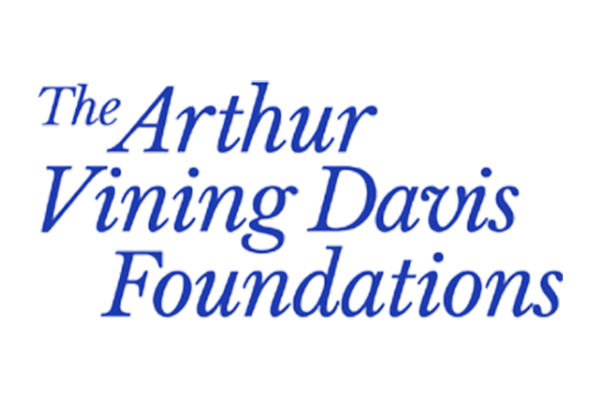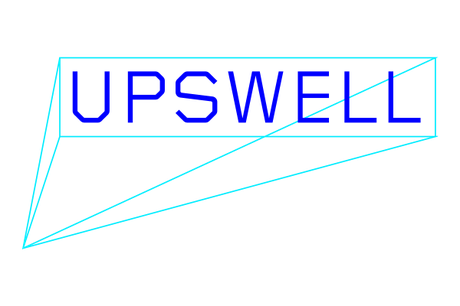Climate Decision Theater
Improving decision-making capacity for fishery stakeholders.
For this project, we are developing an interactive learning environment and workshop experience for fishery stakeholders. These stakeholders will learn how to build and understand models that lead to more informed fishery management decisions as the climate continues to change.
Project Goals:
- Create an interactive experience in the Cohen Center for Interactive Learning that focuses on how models can be used to project future fisheries conditions.
- Put fishery stakeholders in position to make more informed and resilient fisheries management decisions.
- Develop a workshop to train attendees in the "management strategy evaluation” (MSE) model of assessing fishery regulations.
- Deliver a series of pilot workshops to over 100 fishery stakeholders.
We are developing an interactive learning experience in our Cohen Center for Interactive Learning where fishery stakeholders can learn to use models to make decisions about the future of fisheries management in a changing climate.
Currently, fisheries management decisions are based on fish stock assessments that statistically reconstruct the past and assume that average conditions will persist. A new model of assessing fishery regulations, known as “management strategy evaluation” (MSE), is emerging as a way to compare how different regulations could play out over time. A critical piece of the MSE process is stakeholder engagement, and for stakeholders to participate in this process productively, they must first be trained and educated.
This project plans to educate industry stakeholders before they engage themselves in the MSE process. This will ensure that they can effectively participate in the process, allowing them to advocate for their needs within the fishery management framework. This will lead to a more productive MSE process overall, and result in fishery management procedures that more adequately reflect the needs of the stakeholders.
Our focus on stakeholder education, will generate a base of industry stakeholders that know how to productively translate their experiences, needs, and hopes for their fisheries in ways that can be incorporated into the management process. By doing so, it allows them the opportunity to create a future that can meet their needs as well as those of their peers in the face of climate change.
Project Sponsor

This work is made possible through the generous support of The Arthur Vining Davis Foundations.
Read Next
-
![Marine Heatwaves 101]()
Marine Heatwaves 101
Learn about what marine heatwaves are and how they can disrupt coastal ecosystems and the communities that depend on them.
Perspectives
-
![20 Years on the Waterfront: Reflecting & Looking Ahead]()
20 Years on the Waterfront: Reflecting & Looking Ahead
Celebrating our collective journey toward a thriving future
Perspectives
-
![The Impact of Learning Ecosystems Northeast]()
The Impact of Learning Ecosystems Northeast
Learning Ecosystems Northeast (LENE) is a NASA-funded collaborative partnership with the Gulf of Maine Research Institute (GMRI), 4-H, Maine State Libraries, Wabanaki Youth in Science, …
Perspectives
-
![The Alewife Journey: A Conservation Success Story]()
The Alewife Journey: A Conservation Success Story
On a spring evening at the Gulf of Maine Research Institute, guests gathered for the premiere of a film celebrating one of Maine’s most remarkable …
Perspectives




